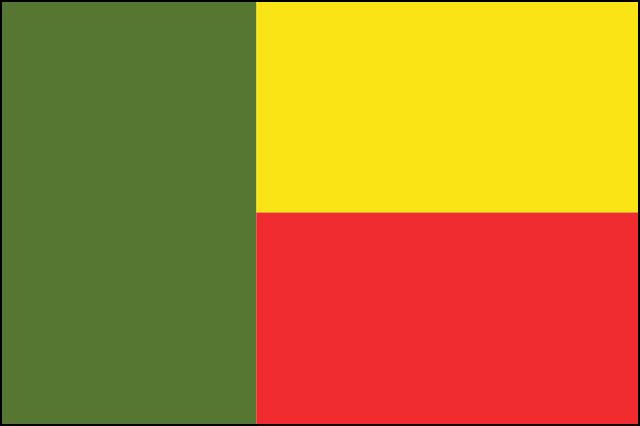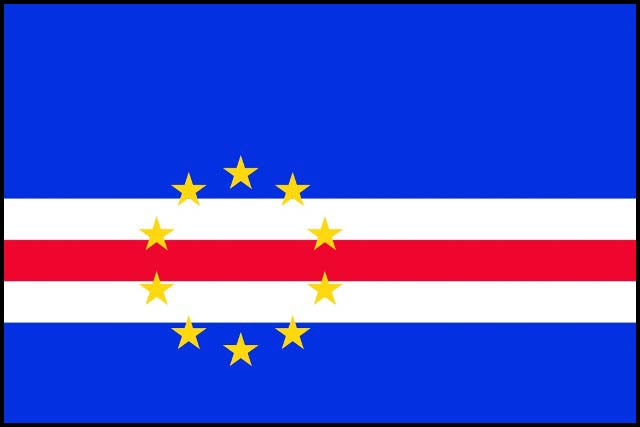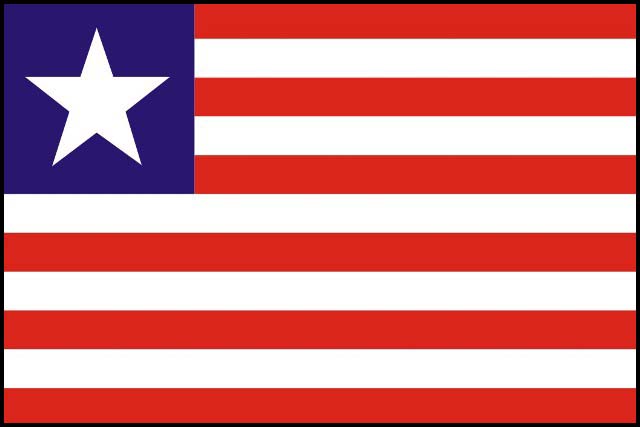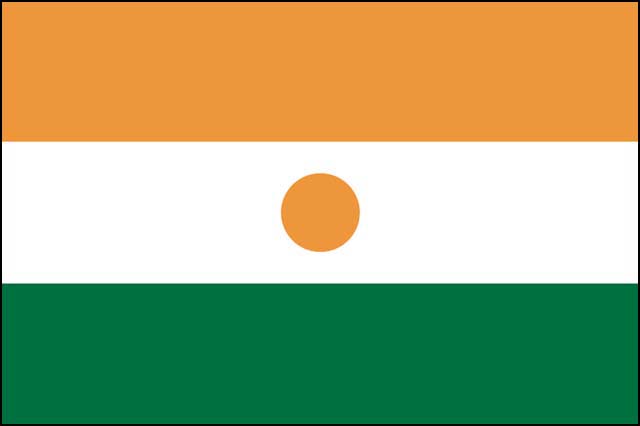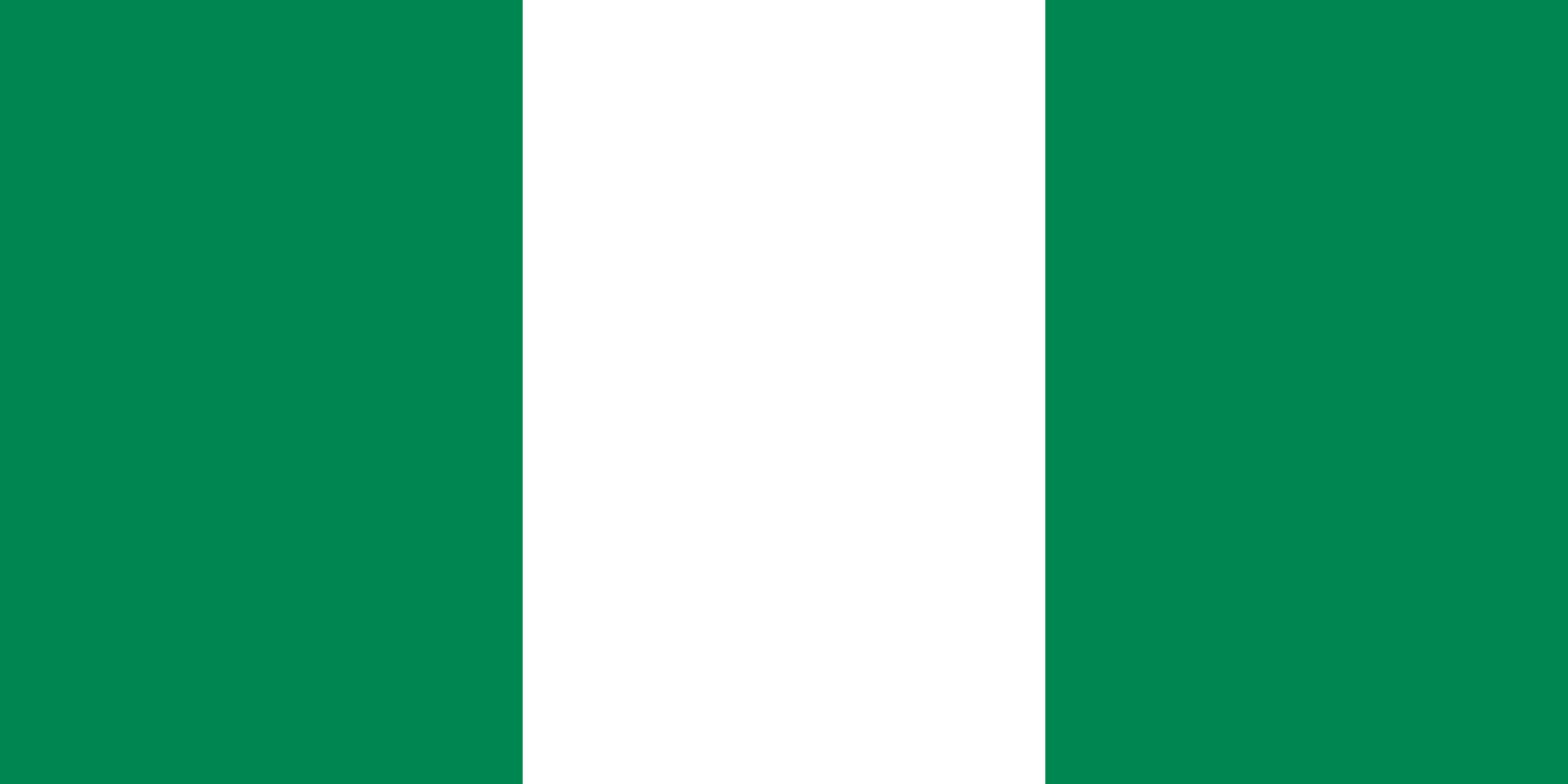Background
The Economic Community of West African States (ECOWAS) was established with the sole objective of promoting cooperation and integration leading to the establishment of an economic union in West Africa to raise the living standards of its peoples, to maintain and to enhance economic stability, foster relations among Member States and contribute to the progress and development of the African continent.
The ECOWAS 1975 treaty was revised in 1993 and brought about significant changes to the integration and development agenda with (i) the strengthening of decision-making bodies, (ii) the establishment of appropriate mechanisms for conflict prevention and resolution, (iii) the broadening of the scope of the integration process and of regional cooperation, notably on key sectors such as peace and security, monetary integration, industrial cooperation, private sector, and the environment.
In pursuance of these broad-based objectives, ECOWAS set up governance organs and institutional structures to facilitate cooperation, coordination, policy harmonization, implementation, monitoring and evaluation as well as to give momentum to the region’s integration process. The Authority of Heads of State and Government and the Council of Ministers are the main governing bodies. The institutional structures include the ECOWAS Commission, the ECOWAS Parliament, the Community Court of Justice, the ECOWAS Bank for Investment and Development (EBID), the West African Health Organization (WAHO), the Intergovernmental Action Group against Money Laundering in West Africa (GIABA) and other specialized sectoral institutions, for example, the West African Power Pool, the West African Monetary Agency (WAMA), among others.
The governance organs and institutional structures of ECOWAS require a continued and consistent capacity building initiatives to function properly and to achieve their desired goals. The M&E component of ECOWAP was established based on the ECOWAP M&E Results Framework and a regional compact. Hence, the institutional and organizational capacity building sector is one of the lifeblood intervention areas that is critical to achieving ECOWAS mandate.
Problem Statement
Promoting cooperation and integration is a complex issue that takes into consideration several programs, policies, frameworks, and initiatives. This process requires technical expertise to ensure effectiveness and efficiency considering the increasing contemporary development challenges in the region ranging from food insecurity, trade, and political instability, among others. The institutional and organizational capacity building sector seeks to enhance the skills and empower the governance organs and institutional structures of ECOWAS and its member states to function effectively and efficiently to promote the mission and vision of ECOWAS.
Expected Results/Outcomes
A robust investment in this intervention sector would significantly strengthen the institutional and organizational capacity of ECOWAS to effectively deliver results consistent with its mandate. Improved effectiveness and accountability of institutions including improved M&E of policies and commitments as well as a strengthened capacity for evidence-based planning, implementation and review are expected outcomes the Commission envisaged.
Collaborating Partners & Coordinating Mechanism.
Several institutions and agencies have been very instrumental in supporting the governance and M&E mechanisms of the ECOWAP. . They include DARD, RAAF, FAO, IFPRI-ReSAKSS, UNDP, USAID, AGRA, AUC, EU. For instance, FAO was instrumental in the capacity building of more than 70 regional and national experts on how to budget agricultural investment projects using the COSTAB and formulated the Capacity Building Strategy for the implementation of ECOWAP / CAADP 2025 (RC / ECOWAP 2025). It also supported NAIP formulation in Guinea, Guinea Bissau, Liberia, Sierra Leone, Cape Verde, Gambia, and Togo (M&E report, 2018). RAAF remains the regional agency coordinating projects and programmes that contribute to the implementation of the ECOWAP and her instruments. USAID and EU remain leading financial partners that have continued to support the institutional capacity strengthening of the ECOWAP and her instruments.
Spotlight of main interventions or programs achieved:
Several initiatives have been undertaken and are ongoing regarding institutional and organizational capacity building as well as Monitoring & evaluation at both the governance organs and institutional structure levels and with support from ECOWAS and its partners.
- Capacity building for ECOWAS Parliamentarians on Accountability in Social Sectors.
- Capacity Building Programme for the private sector to benefit from the AfCFTA.
- Capacity building workshop on Digital Trade for the AfCFTA E-Commerce Agenda.
- Capacity building of National and Regional Stakeholders on the use of the ECOWAP M&E Platform and related initiatives
- Development/review of ECOWAP M&E tools and systems
- Engagement with stakeholders (Continental, regional and national) on reporting towards the seven Malabo commitments related to agricultural growth and transformation through the Biennial Review process.
List of the main strategic, regulatory, and technical documents or reports validated and published by ECOWAS:
- Capacity building for ECOWAS Parliamentarians on Accountability in Social Sectors. https://www.afdb.org/en/news-and-events/capacity-building-for-ecowas-parliamentarians-on-accountability-in-social-sectors-13097
- ECOWAS and UNDP launch Capacity Building Programme for the private sector to benefit from the AfCFTA. https://ecowas.int/ecowas-and-undp-launch-capacity-building-programme-for-the-private-sector-to-benefit-from-the-afcfta/
- ECOWAS holds a capacity building workshop on Digital Trade for the AfCFTA E-Commerce Agenda. https://ecowas.int/ecowas-holds-capacity-building-workshop-on-digital-trade-for-the-afcfta-e-commerce-agenda/
- WANEP, ECOWAS and UNDP launch governance initiative to accelerate the women, peace and security agenda in the Sahel https://www.undp.org/africa/press-releases/wanep-ecowas-and-undp-launch-governance-initiative-accelerate-women-peace-and-security-agenda-sahel
- Technical Assistance to ECOWAS for the Implementation of the 11th EDF Energy Governance Programme in West Africa (AGoSE-AO) ECOWAS Region https://europa.eu/capacity4dev/technical-assistance-to-ecowas-for-the-implementation-of-the-11th-edf-energy-governance-programme-in-west-africa-agose-ao-ecowas-region
- ECOWAP Donors' group Reports [2022] https://ecowap.ecowas.int/see-document/177
- Annual Activity Report of RAAF/ARAA [2022] https://ecowap.ecowas.int/see-document/215
- Synthesis of the ECOWAS 2050 Vision adopted by the 60th ordinary session of the Authority of ECOWAS Heads of State and Government [2021] https://ecowap.ecowas.int/see-document/187
- A Review of Agriculture Sector Performance in West Africa. A Background report for the 2020 ECOWAS Agriculture Joint Sector Review [2020] https://ecowap.ecowas.int/see-document/30
- Priority Investment Program Document - Regional strategy for youth employability promotion in the agro-sylvo-pastoral and fisheries sector in the ECOWAS region [2020] https://ecowap.ecowas.int/see-document/30
- ECOWAP Monitoring & Evaluation Report https://ecowap.ecowas.int/see-document/43
- ECOWAP M&E web platform https://ecowap.ecowas.int/
- ECOWAP/CAADP Biennial Review process https://au.int/en/caadp-toolkit
